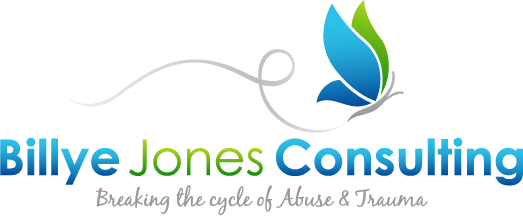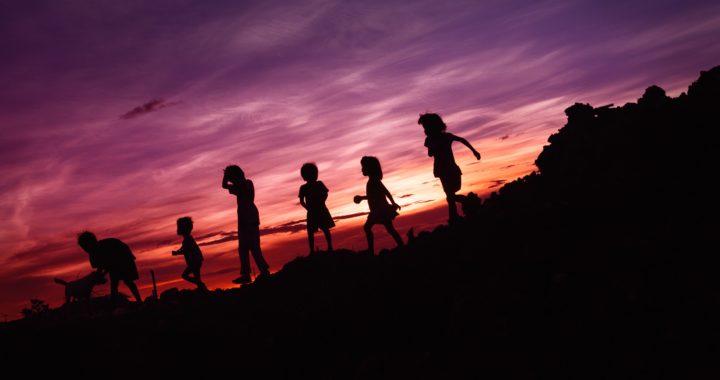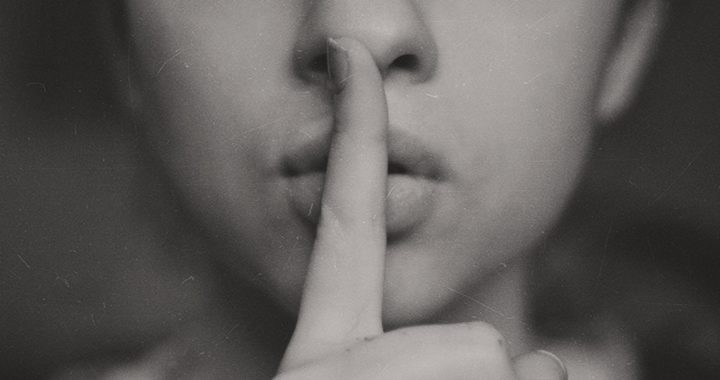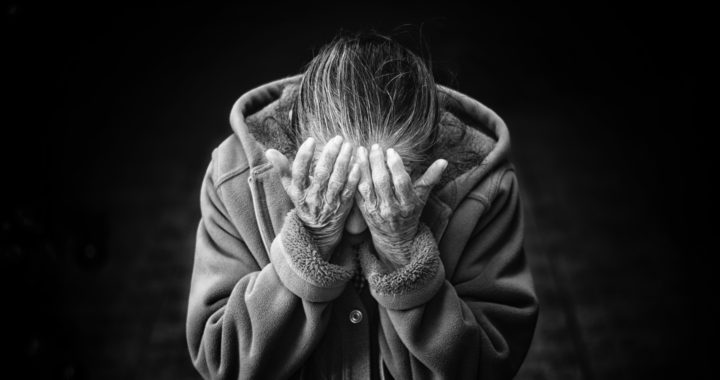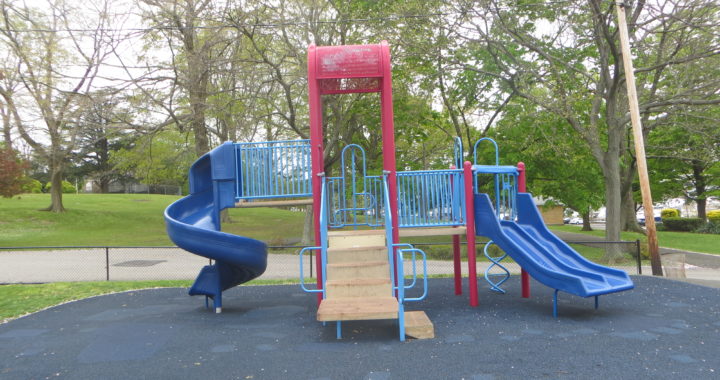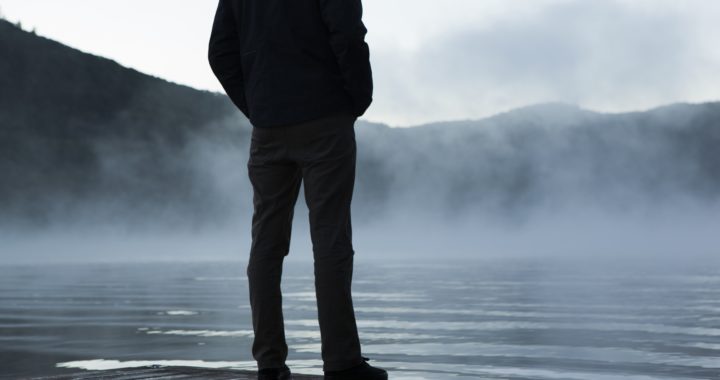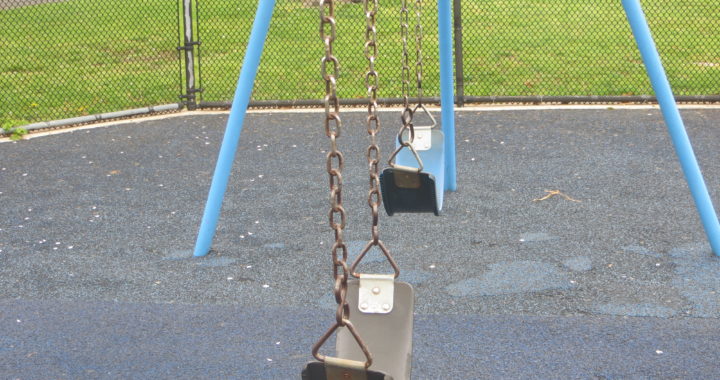So many people work tirelessly to help children, youth and adult survivors of sexual abuse. They are teachers, guidance counselors, social workers, childcare providers, direct care staff, pediatricians, psychologists, nurses, child welfare caseworkers, lawyers, legal guardians, and the list goes on. Despite all these hard-working, dedicated people (and I consider myself one), there are several challenges we face in preventing, treating and intervening in sexual abuse.
• There is still an assumption child sexual abuse is only physical
As I have mentioned in a previous post, a child can be abused and never be physically touched. Unfortunately, many of us have been trained to respond to physical signs and symptoms of child sexual abuse. As a result, many of us do not understand all the ways a child can be abused and don’t understand the dynamics of grooming; as a result, we miss several opportunities to intervene.
• We rely too heavily on verbal disclosures from child victims of sexual abuse
Only 1 in 10 children will disclose abuse before the age of 18. Many children who are abused often do not have the language to articulate what is happening to them and may not understand what is happening is abuse. To keep children safe from abuse we must know all the signs and symptoms of abuse and understand how family history, dynamics, and behaviors makes a child vulnerable to abuse. We cannot merely rely on children to articulate to us what is happening.
• We typically don’t screen for child sexual abuse unless there is suspicion
There is no standardized routine screening for child sexual abuse. Although child sexual abuse reports are routinely investigated, the investigation is based on suspicion or a specific accusation. We routinely screen children for many health conditions, developmental delays, and some mental health conditions. I believe sexual abuse and trauma screening should be routine. The number of children who are abused or experience trauma indicates it is time for us to tack action!
• Primarily educate children about child sexual abuse and not adults
As someone who has taught body safety workshops, I can tell you we spend more time training children than we do adults. Why is it we make children responsible for protecting themselves? Even in school districts where they have sex abuse prevention curriculum, there is very little time and resources dedicated to educating parents and caregivers. To keep children safe, we need to emphasize the education of adults.
For those of us who work to keep children safe, we need to question, challenge, and work to change the systems we work it to address these challenges. If we all do our part, we can make the needed changes.
Photo by Samuel Zeller on Unsplash
